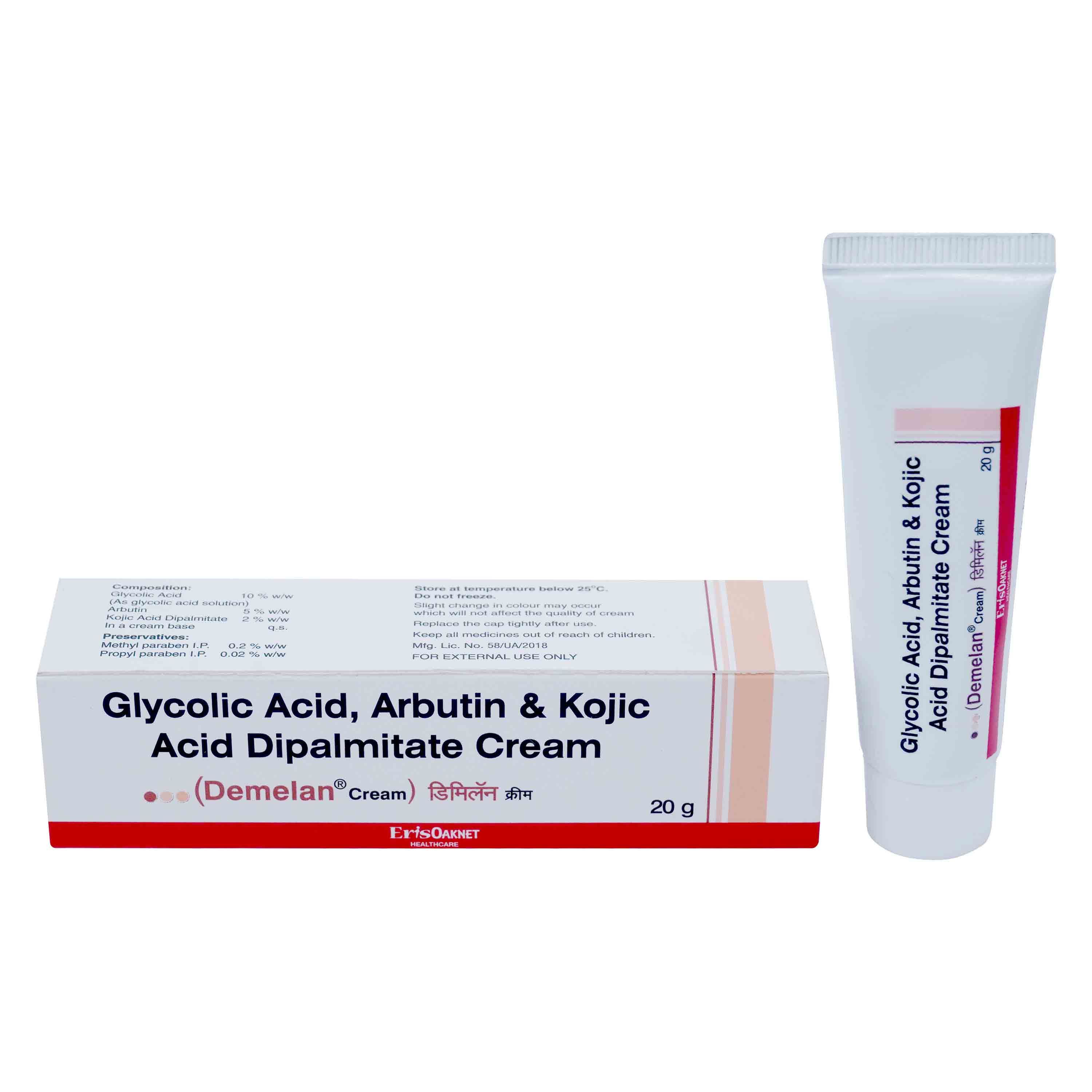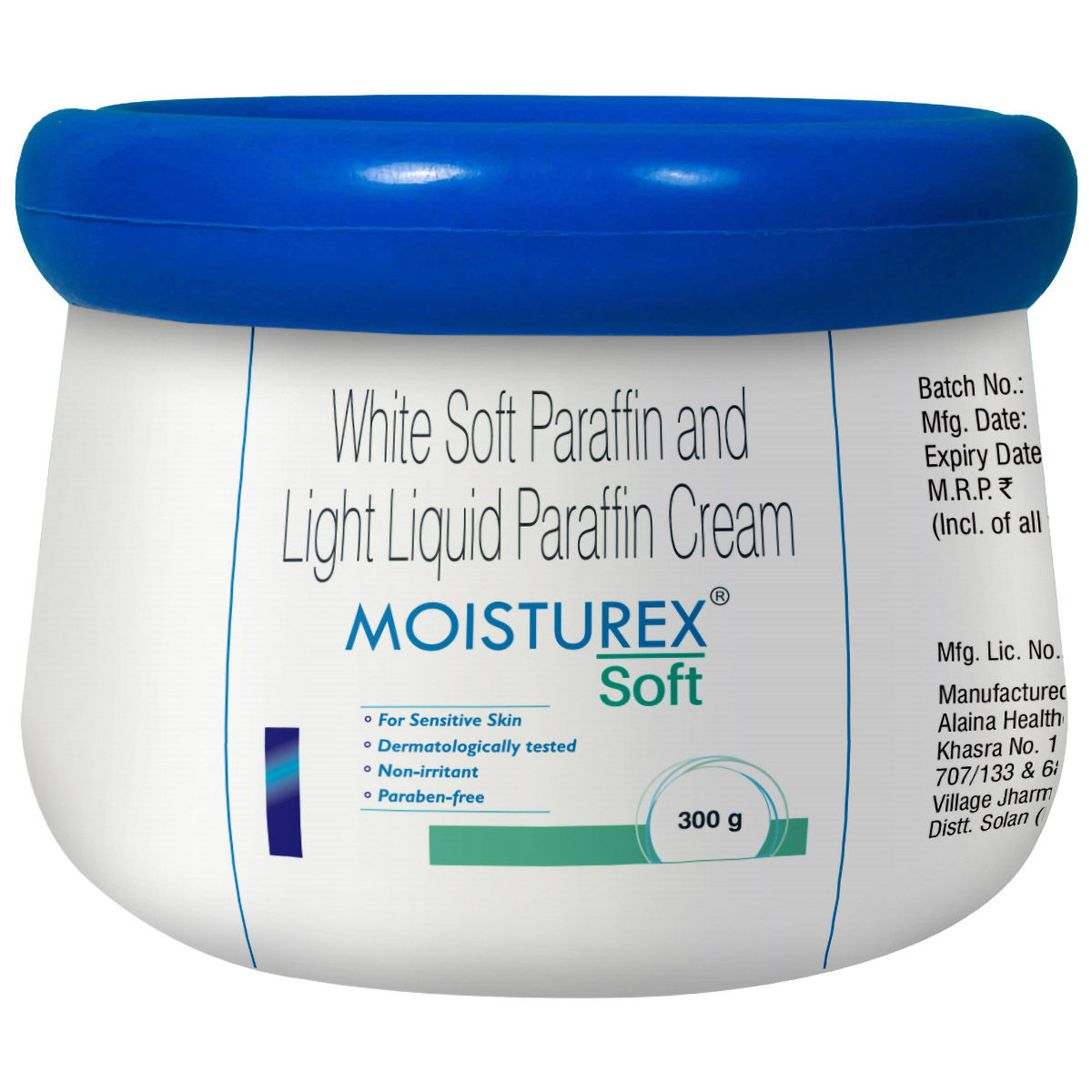- Home
- Health Condition
Medicine For Eczema
Medicine For Eczema
- Total Items (1017)
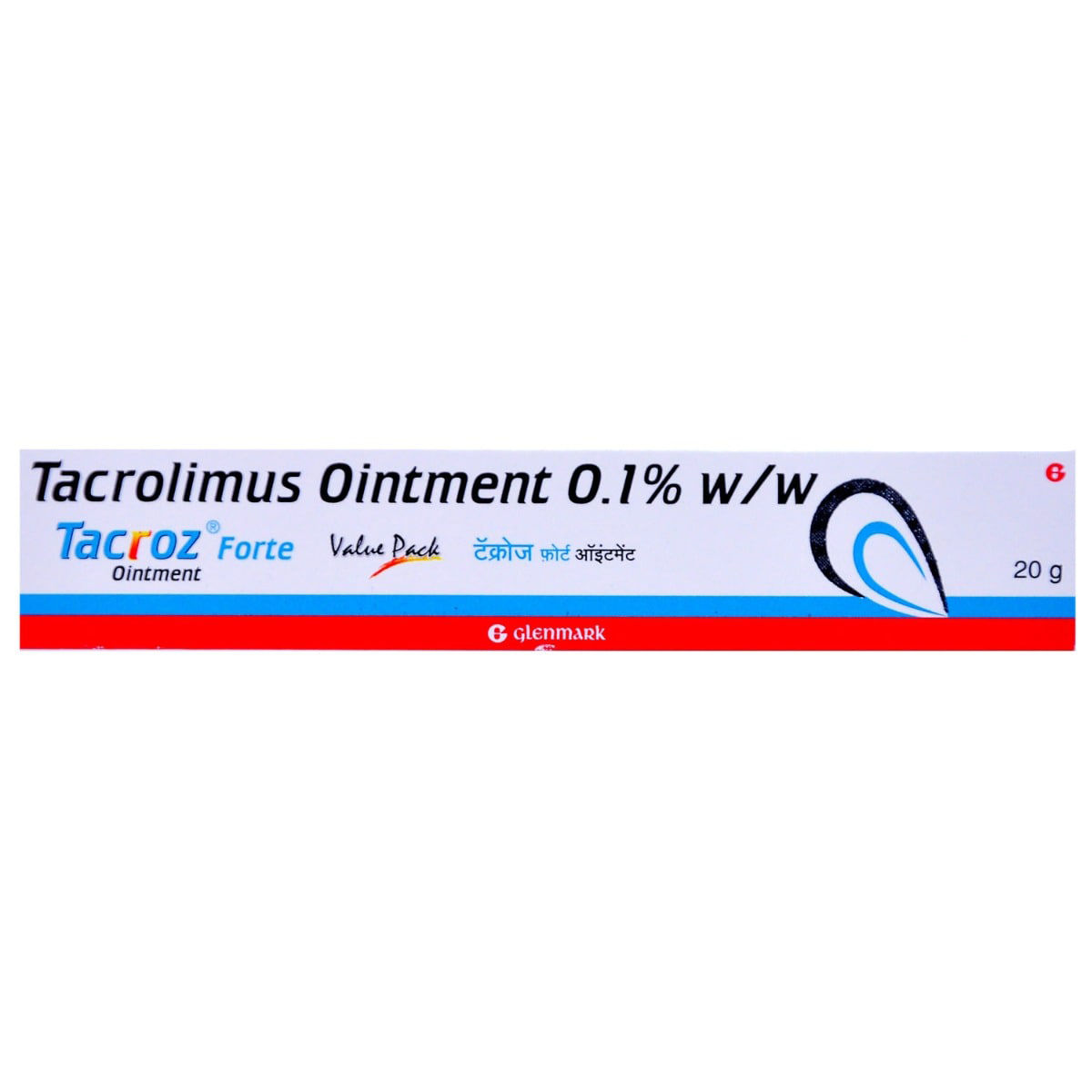 RX
RXTacroz Forte Ointment 20 gm
₹751.50
MRP ₹835
10% off
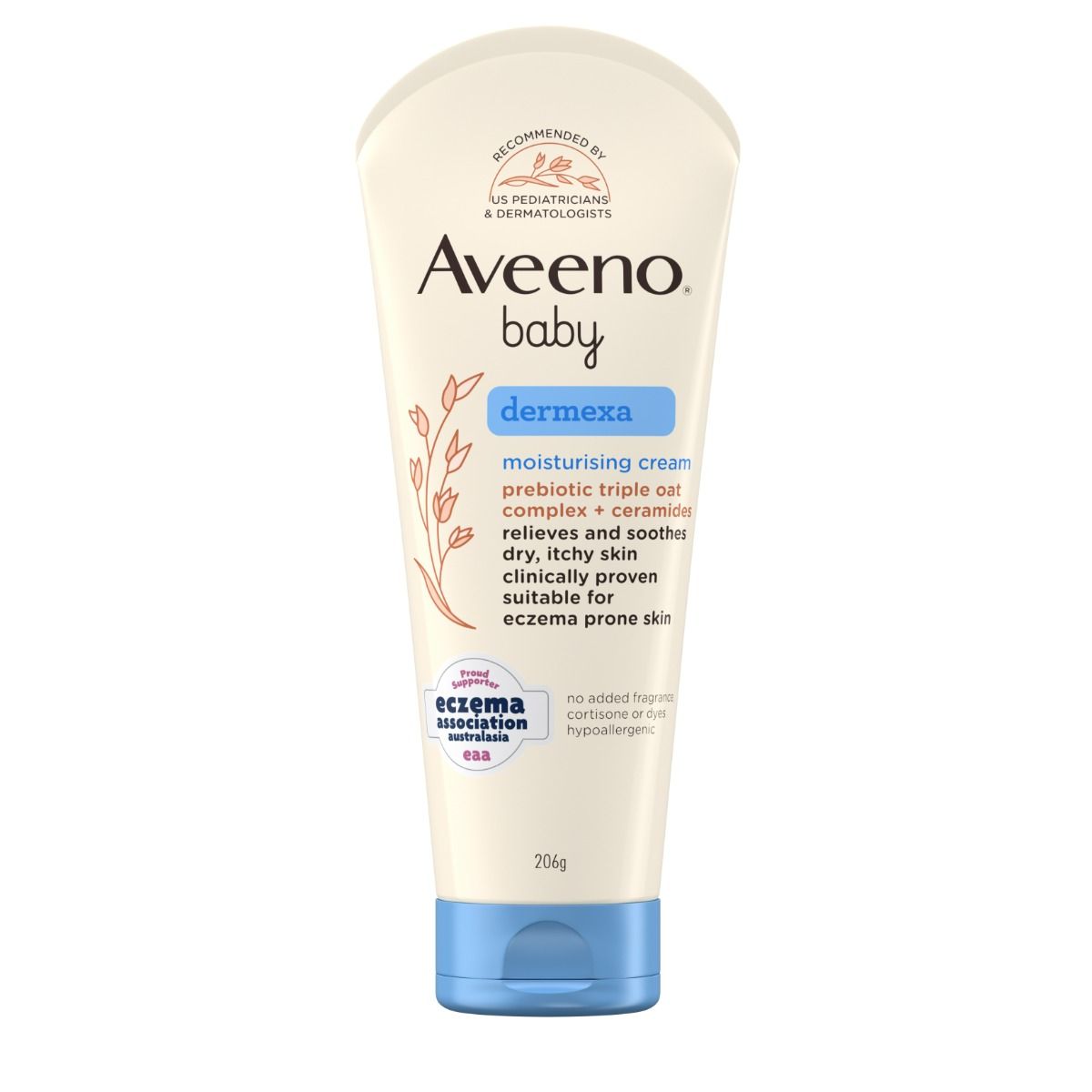
Aveeno Baby Dermexa Moisturising Cream, 206 gm
₹1049.30
MRP ₹1499
30% off
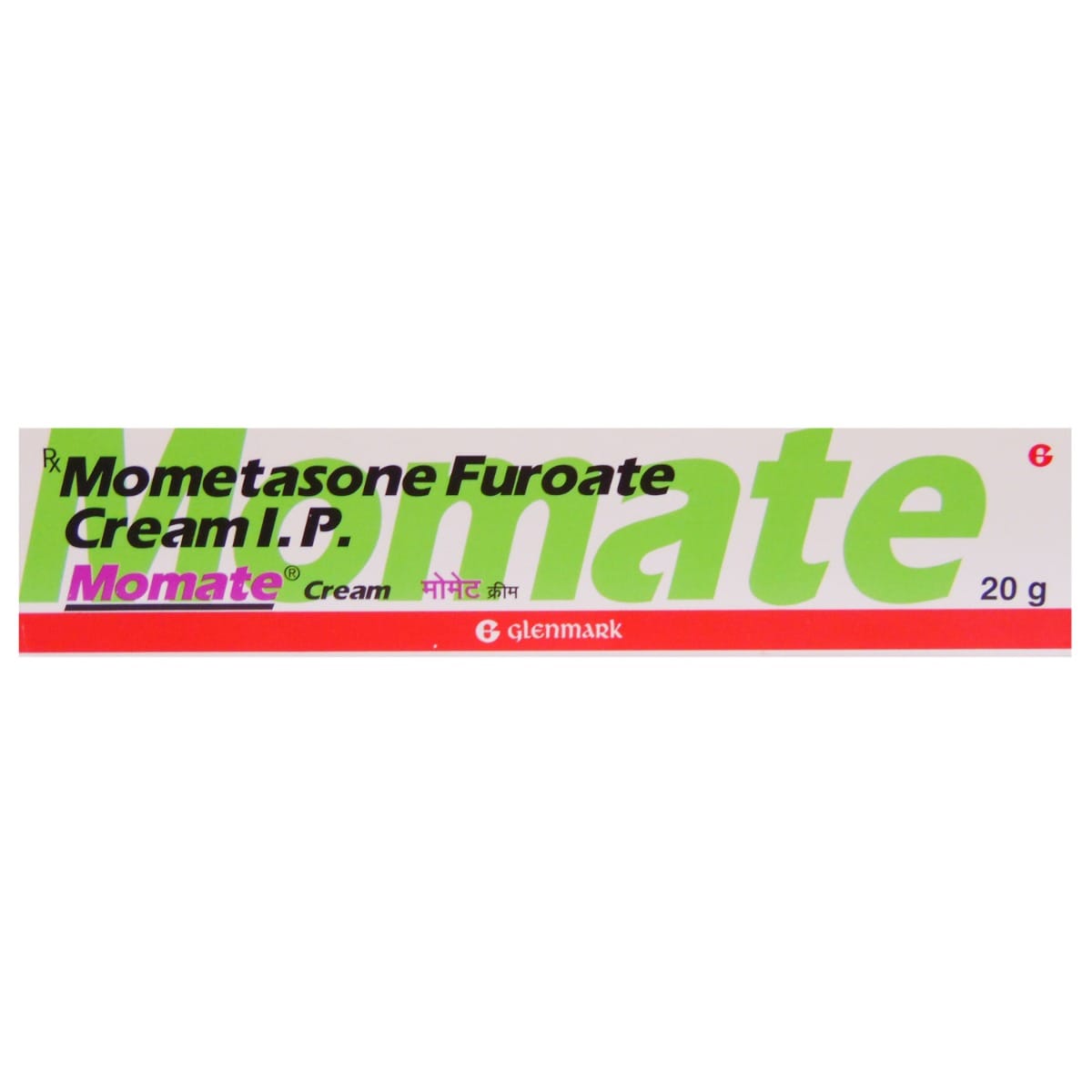 RX
RXMomate Cream 20 gm
₹292.50
MRP ₹325
10% off
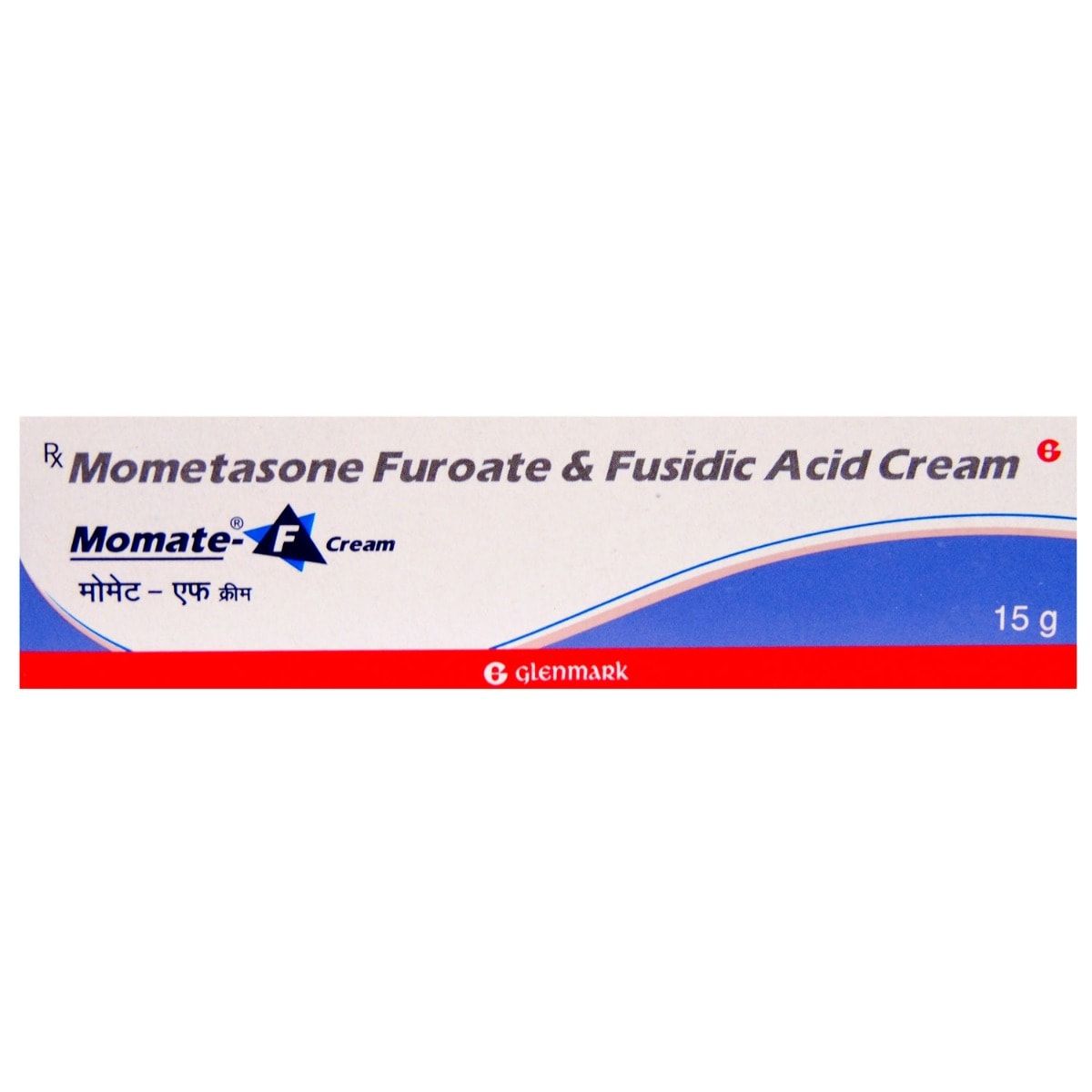 RX
RXMomate-F Cream 15 gm
₹324
MRP ₹360
10% off
 RX
RXSorvate C Ointment 20 gm
₹494.60
MRP ₹549.50
10% off
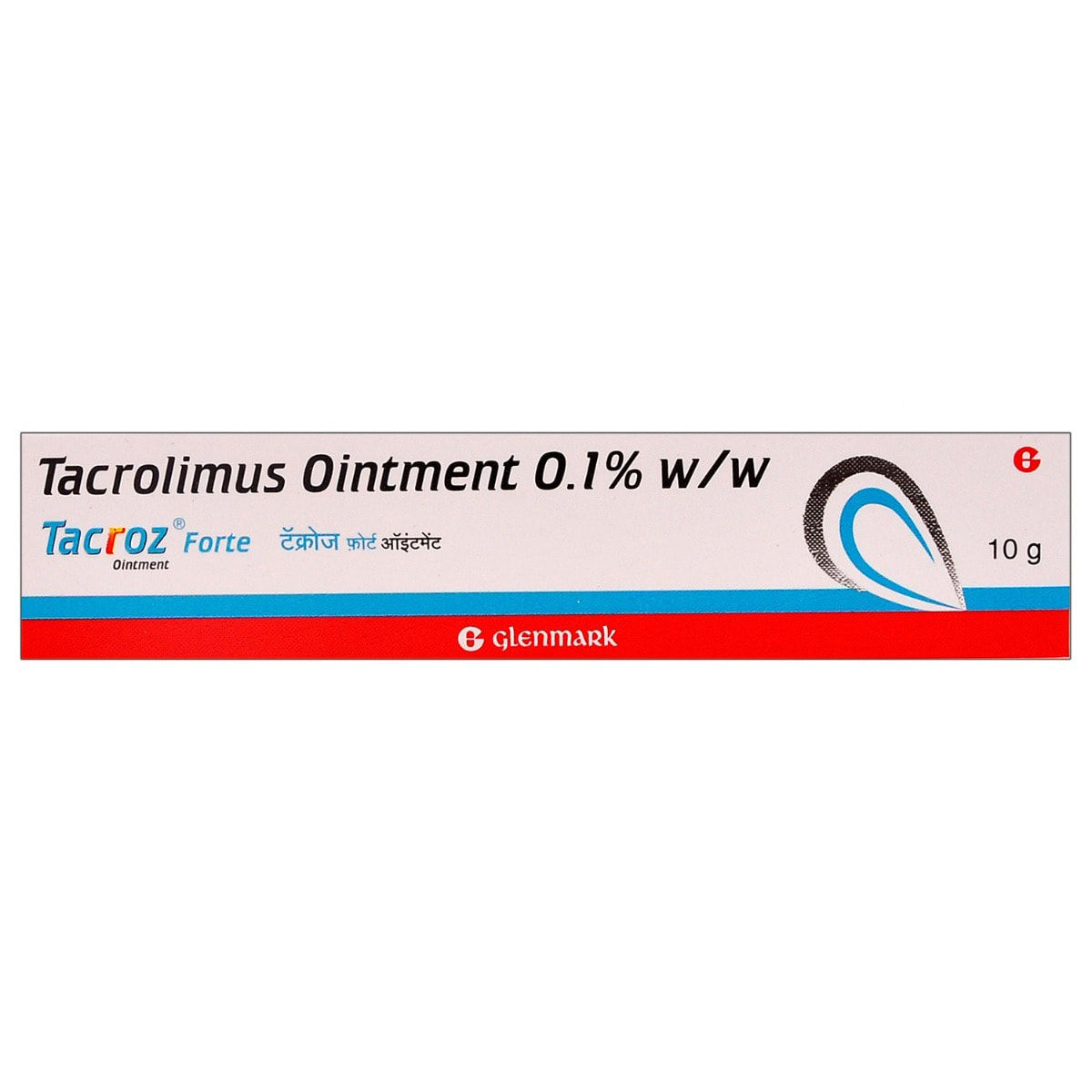 RX
RXTacroz Forte Ointment 10 gm
₹495
MRP ₹550
10% off
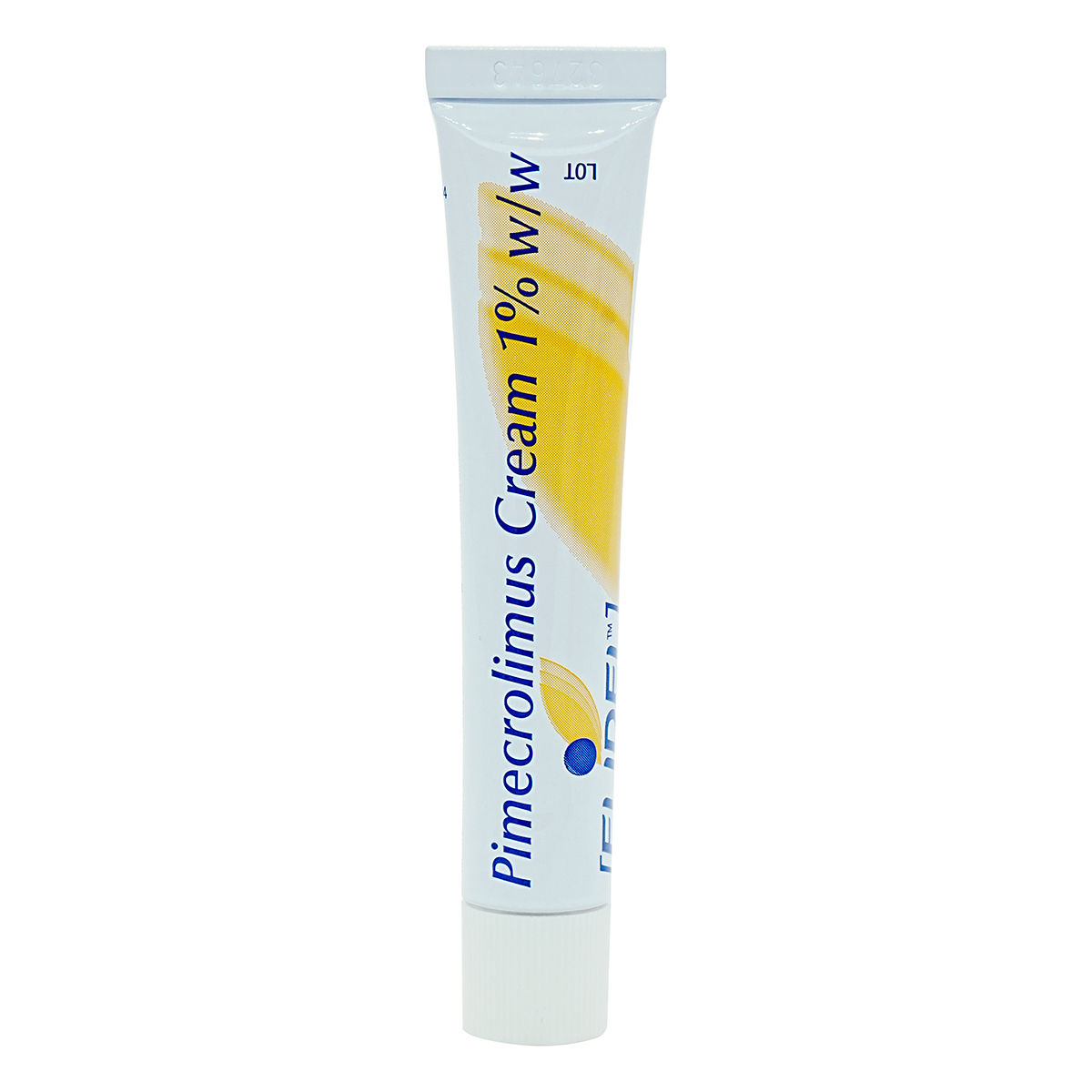 RX
RXElidel Cream 10 gm
₹711
MRP ₹790
10% off

Episoft Cleansing Lotion, 250 ml
₹540
MRP ₹600
10% off
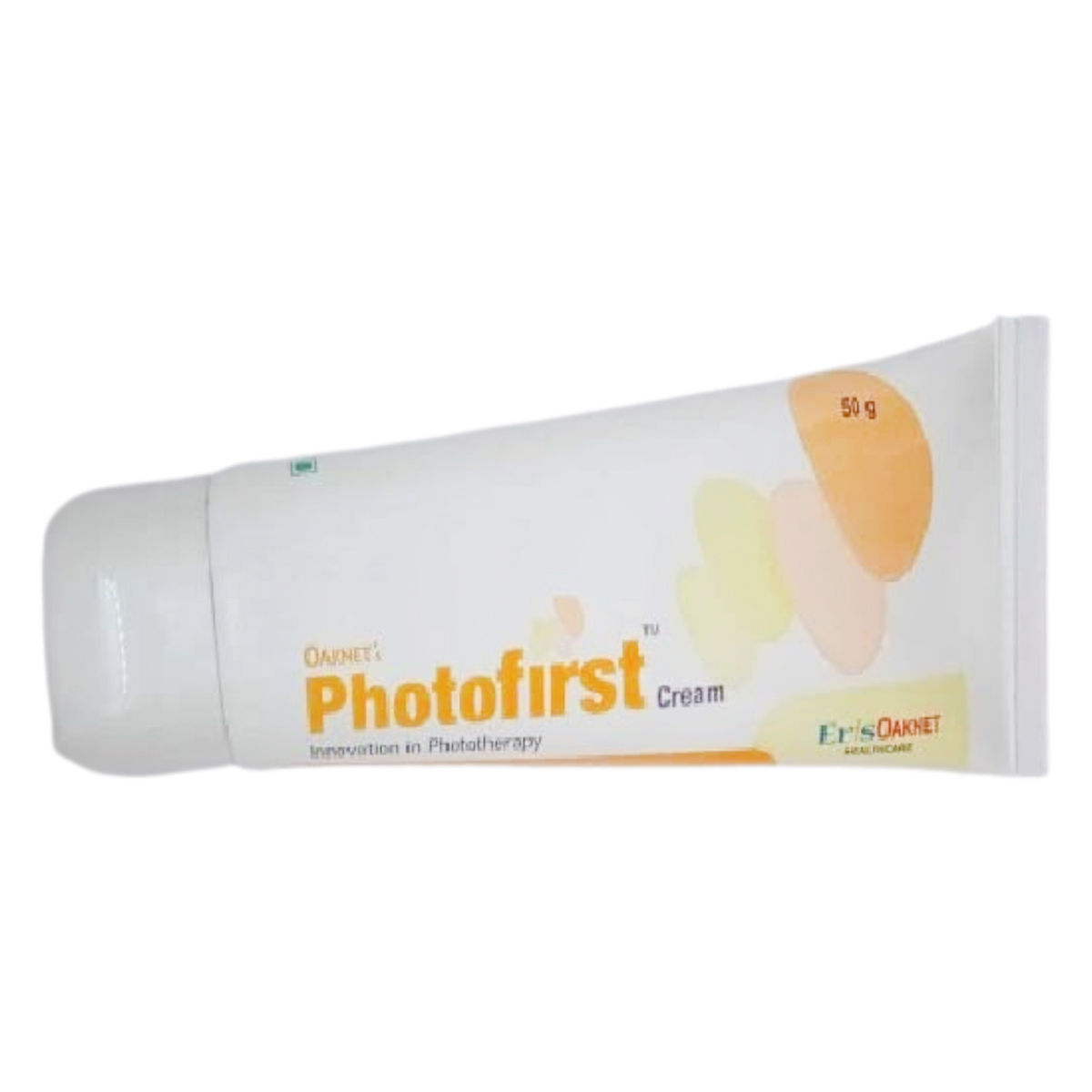
Photofirst Cream 50 gm
₹1485
MRP ₹1650
10% off
 RX
RXPacroma 1% Cream 10 gm
₹629.10
MRP ₹699
10% off
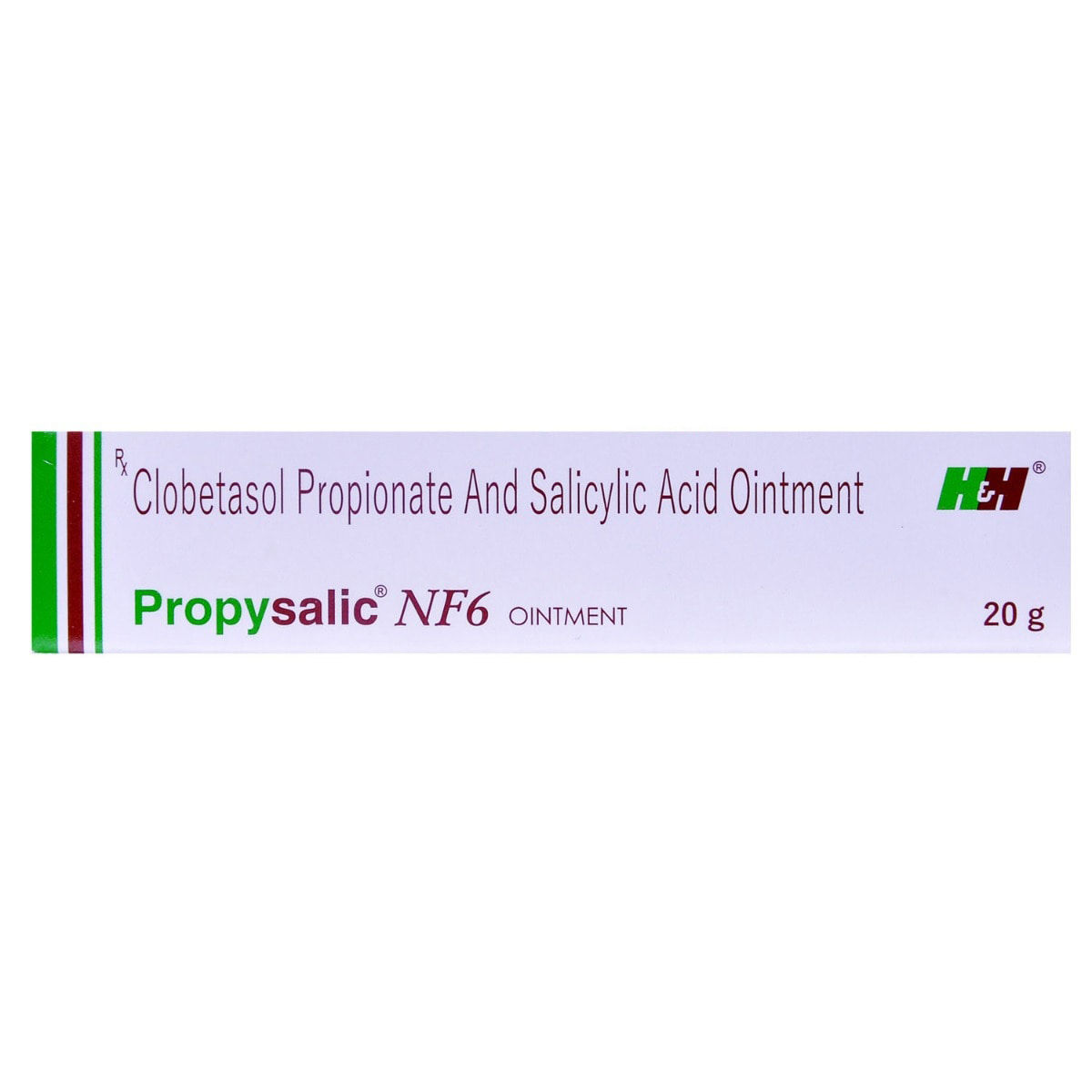 RX
RXPropysalic NF6 Ointment 20 gm
₹188.10
MRP ₹209
10% off
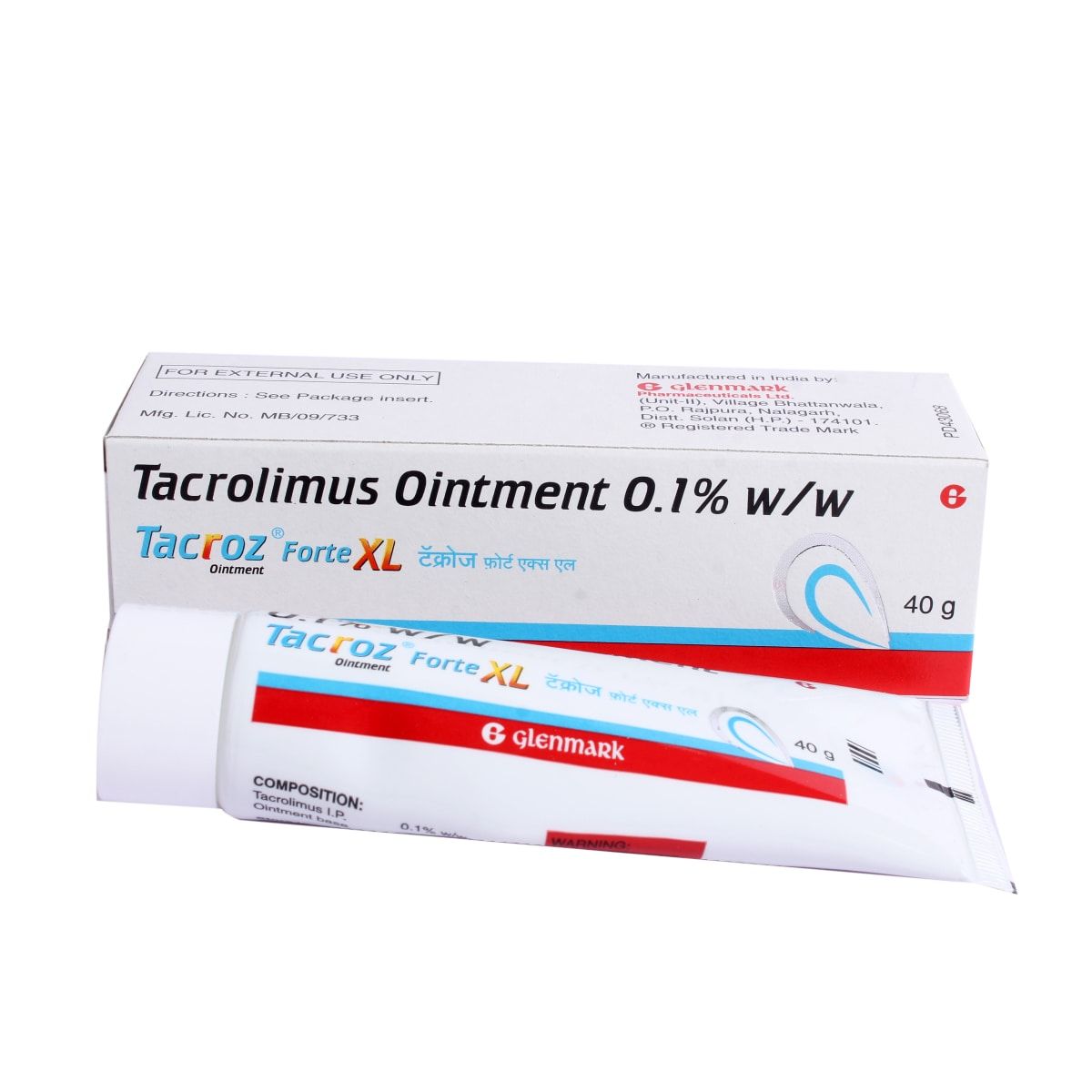 RX
RXTacroz Forte XL Ointment 40 gm
₹900
MRP ₹1000
10% off
 RX
RXPicon Cream 10 gm
₹634.50
MRP ₹705
10% off
 RX
RXMomate Lotion 30 ml
₹393.30
MRP ₹437
10% off
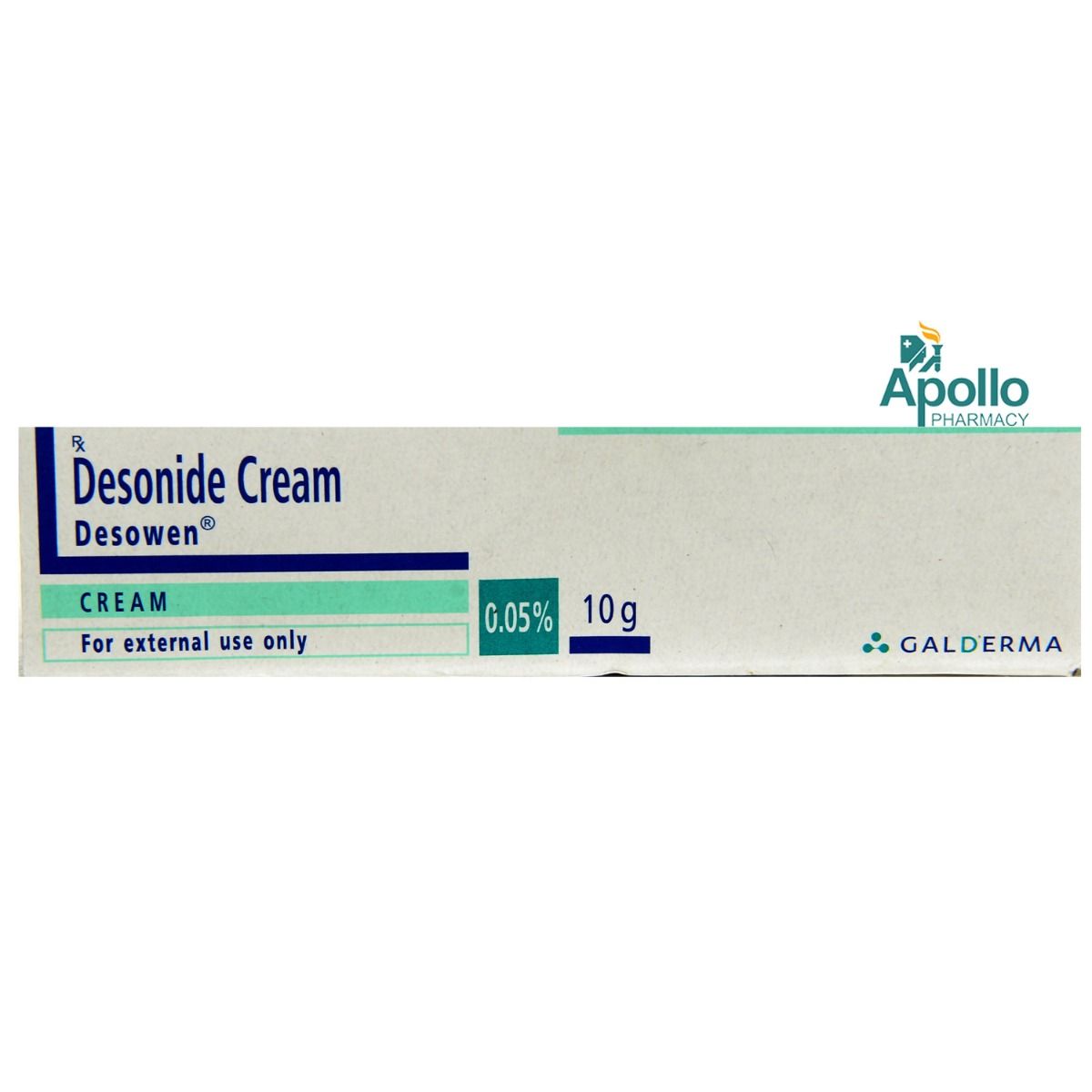 RX
RXDesowen Cream 10 gm
₹234
MRP ₹260
10% off
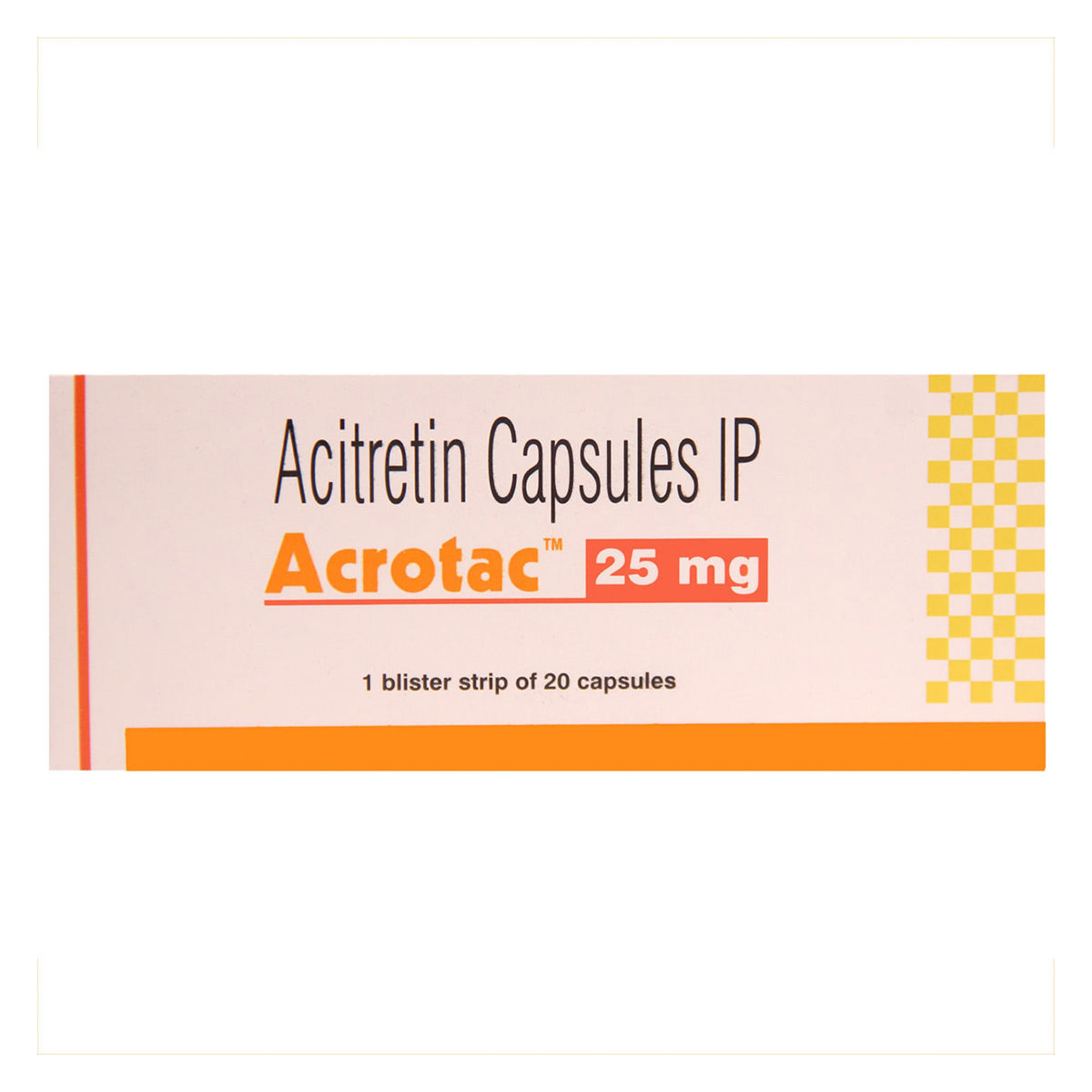 RX
RXAcrotac 25 mg Capsule 20's
₹1413
MRP ₹1570
10% off
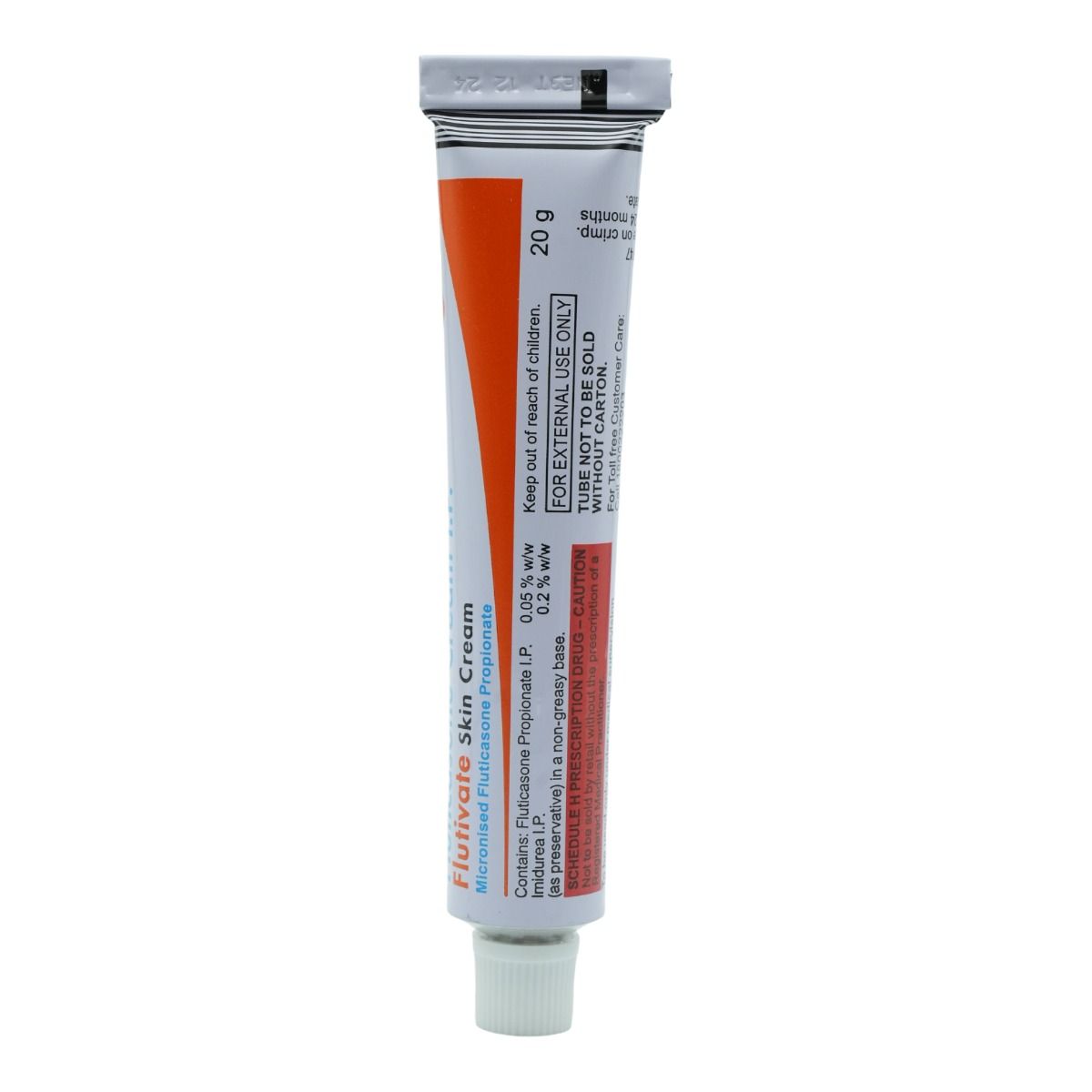 RX
RXFlutivate Cream 20 gm
₹335.30
MRP ₹372.50
10% off
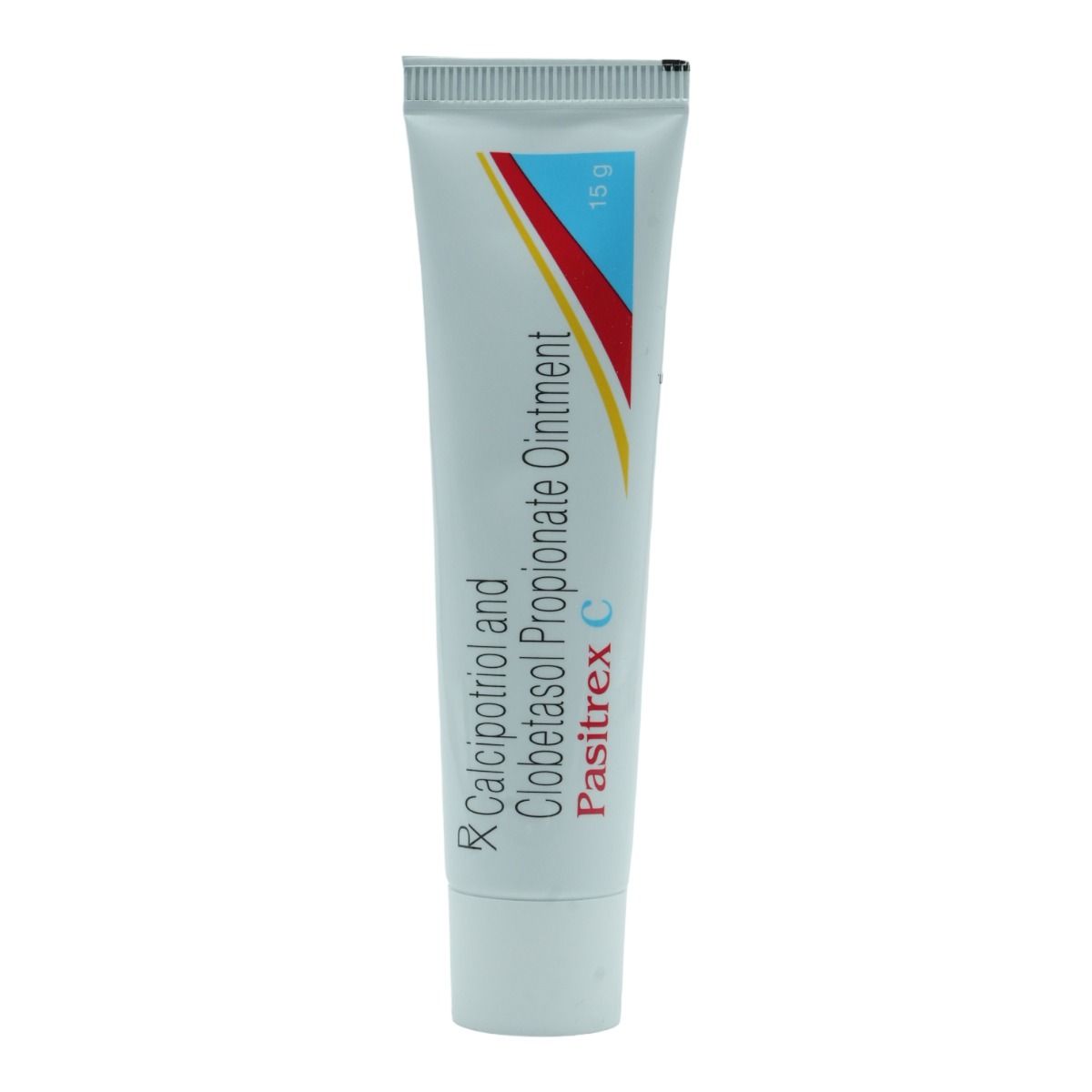 RX
RXPasitrex C Ointment 15 gm
₹475.20
MRP ₹528
10% off
 RX
RXPropysalic NF Ointment 30 gm
₹251.10
MRP ₹279
10% off
Medicine for Eczema
Eczema, also known as atopic dermatitis, is a chronic condition that causes inflammation, itching, and red, irritated skin. It is common in children but can affect people of all ages. Although there is no cure for eczema, there are various treatments that can help manage symptoms, control flare-ups, and improve quality of life. In this article, we will explore the different types of medicines available for treating eczema, their benefits, proper dosage, and key safety considerations. This will help you make an informed decision about the best treatment options for your skin.
Types of Medicine for Eczema
While there's no cure for eczema, there are many medicines that can help manage the symptoms, calm flare-ups, and make the skin feel better. Let’s take a look at the different types of medicines used to treat eczema:
1. Creams and Ointments (Topical Medicines)
These are the most common treatments for eczema. They’re applied directly to the skin to help reduce itching, redness, and swelling.
- Moisturisers: These are creams or lotions that help keep your skin hydrated. They’re really important because they help repair the skin barrier, which can get damaged with eczema.
- Example: Choose fragrance-free moisturisers to soothe irritation and support the delicate skin barrier in eczema care.
Steroid Creams (Topical Corticosteroids): These creams help reduce inflammation in your skin. They come in different strengths—mild ones for less severe eczema and stronger ones for more serious flare-ups.
- Example: Hydrocortisone (mild) or Clobetasol (strong).
- Non-Steroid Creams (Topical Calcineurin Inhibitors): These creams help calm the inflammation in your skin without using steroids. They're especially useful for sensitive areas like the face and eyelids.
- Example: Tacrolimus or Pimecrolimus.
- Other Specialised Creams: There are newer options like crisaborole, which helps reduce itching and inflammation. These are often used for mild cases of eczema.
2. Oral Medicines (Pills or Syrups)
For more severe cases of eczema, doctors may recommend oral (taken by mouth) medicines. These help calm the immune system and control symptoms from the inside out.
- Antihistamines: These help with itching and can also help you sleep better at night if eczema keeps you up.
- Example: Hydroxyzine or Levocetirizine – these are often taken before bed.
- Oral Steroids: These are strong medicines that doctors sometimes prescribe for severe eczema. They help reduce inflammation, but they are usually only used for short periods because they can have side effects.
- Example: Prednisone – usually used for short-term flare-ups.
- Immunosuppressive Drugs: These medicines calm down your immune system, which can be overactive in eczema. They are often used when other treatments haven’t worked.
- Example: Cyclosporine – a medication that can help with severe eczema when other treatments fail.
3. Biologic Medicines
For people with severe eczema that doesn’t improve with other treatments, biologics may be an option. These are newer types of medicines that target specific parts of the immune system to reduce the inflammation that causes eczema.
Example: Dupilumab – this is an injection that helps control severe eczema and is often used when other treatments don’t work.
4. Light Therapy (Phototherapy)
If creams and pills aren't enough, doctors might suggest light therapy. This treatment uses ultraviolet (UV) light to help calm the skin and reduce flare-ups. It’s usually done in a doctor's office or a special clinic.
What You Should Know
- Moisturising: One of the most important things you can do to manage eczema is to keep your skin moisturised. Dry skin can make eczema worse, so apply a thick moisturiser regularly, especially after bathing.
- Use Medicines as Directed: Always follow your doctor’s instructions when using eczema treatments. Overusing certain creams, like steroids, can cause side effects, so it’s important to use them correctly.
- Consult Your Doctor: If you find that your eczema isn’t improving or getting worse, talk to your doctor. They can help adjust your treatment plan or recommend a new approach.
Benefits of Using Medicine for Eczema
Effective eczema treatment can offer numerous benefits, such as:
- Reduces Itching: Itching is one of the most common and frustrating symptoms of eczema. Scratching can lead to further irritation and even skin infections. Medications like antihistamines or corticosteroid creams are effective in soothing the skin, relieving itching, and helping prevent the urge to scratch.
- Controls Inflammation: Eczema causes the skin to become red, swollen, and inflamed. Medications such as topical corticosteroids, non-steroidal creams, and biologics work to reduce this inflammation, helping to calm irritated skin and restore a more normal appearance.
- Prevents Infection: Flare-ups of eczema often damage the skin barrier, making it easier for bacteria and viruses to invade the skin. Antibiotic creams or oral antibiotics can be used to prevent or treat infections, helping protect the skin from further complications.
- Maintains Skin Hydration: Keeping the skin well-moisturized is essential for managing eczema. Moisturisers and barrier creams help lock in moisture, preventing the skin from drying out and cracking. This helps to reduce irritation and supports the healing process.
- Reduces the Severity of Symptoms: For those with more severe eczema, oral steroids, immunosuppressive drugs, and biologics can be used to control flare-ups and lessen the intensity of symptoms. These medications help to calm the immune system, preventing extreme reactions and minimising large, painful eczema patches.
- Promotes Faster Healing: Medicines like corticosteroids, biologics, and oral immunosuppressants help to speed up the healing process by reducing swelling and irritation. This allows the skin to recover more quickly and reduces the risk of long-lasting flare-ups.
- Prevents Future Flare-Ups: Eczema often flares up in response to triggers such as stress, weather changes, or allergens. By using medications consistently, including moisturisers and corticosteroid creams, you can manage the condition more effectively, reduce the frequency of flare-ups, and prevent symptoms from worsening over time.
Dosage & Usage Instructions for Medicine for Eczema
Managing eczema effectively requires proper usage of medications. Here are some general guidelines:
- Topical Treatments: This includes corticosteroids, calcineurin inhibitors, PDE4 inhibitors, and JAK inhibitors. Apply a thin layer of the prescribed medication to the affected area once or twice daily. Be sure to avoid sensitive areas like the face, groin, or underarms unless specifically directed by your healthcare provider.
- Oral Treatments: This category includes oral JAK inhibitors and systemic immunomodulators. Take the prescribed dose once or twice daily as directed by your healthcare provider. Regular monitoring through blood tests may be necessary to ensure safety and efficacy.
- Infection Control: This includes antibiotics. Complete the full course of antibiotic treatment as prescribed, usually taken multiple times daily to prevent or treat infections.
- Antihistamines: Take the prescribed dose as directed, often once daily in the evening, to help relieve itching and improve sleep quality.
- Biologics: Biologics such as dupilumab can be self-administered at home after proper training. Administer the prescribed dose via subcutaneous injection every 2 weeks, following your healthcare provider's instructions carefully.
- Phototherapy: Follow the treatment schedule provided by your healthcare provider. Phototherapy typically involves sessions 2-3 times per week using ultraviolet light to help manage eczema symptoms.
Caution with Medicine for Eczema:
While medicine for eczema are highly effective, they come with certain considerations:
- Topical Steroids: Prolonged use can cause thinning of the skin, stretch marks, or other skin-related issues. Use only as directed and avoid excessive use.
- Oral Steroids: Long-term use of oral steroids can lead to weight gain, osteoporosis, and other serious side effects. They are typically used for short periods.
- Infection Risk: Eczema can make the skin more susceptible to bacterial and viral infections. Keep the skin clean and avoid scratching to minimise the risk of infection.
- Consult Your Doctor: Always consult a healthcare provider before starting or changing any eczema treatment plan. If your eczema worsens or you experience side effects, seek medical advice immediately.
Buy Medicine for Eczema Online at Apollo 24|7
Struggling with eczema flare-ups? Apollo 24|7 provides a fast, reliable, and trustworthy service for delivering eczema medications directly to your doorstep. Whether you need corticosteroids, moisturisers, antihistamines, or biologics, Apollo 24|7 offers genuine, effective treatment options. With doctor consultations and lab tests available on the app, you can manage your eczema treatment with ease—no waiting, no hassles. Get your medicines delivered within 19 to 29 minutes, all from the comfort of your home.
Frequently asked questions
Eczema is a complex condition typically caused by a combination of genetics and environmental factors. Triggers can include allergens, irritants, dry skin, stress, and infections.
It’s best to avoid regular lotions, as they may contain fragrances or alcohol, which can irritate eczema-prone skin. Use thick, fragrance-free moisturisers designed for sensitive skin.
Dupilumab is the most commonly used biologic for eczema, but other options may be available depending on your doctor’s recommendation.
There is no cure for eczema, but with the right treatment plan, symptoms can be effectively managed, and flare-ups can be minimised.
Prevention involves moisturising regularly, identifying and avoiding triggers (like certain foods or allergens), managing stress, and using medications as prescribed to maintain skin health.


